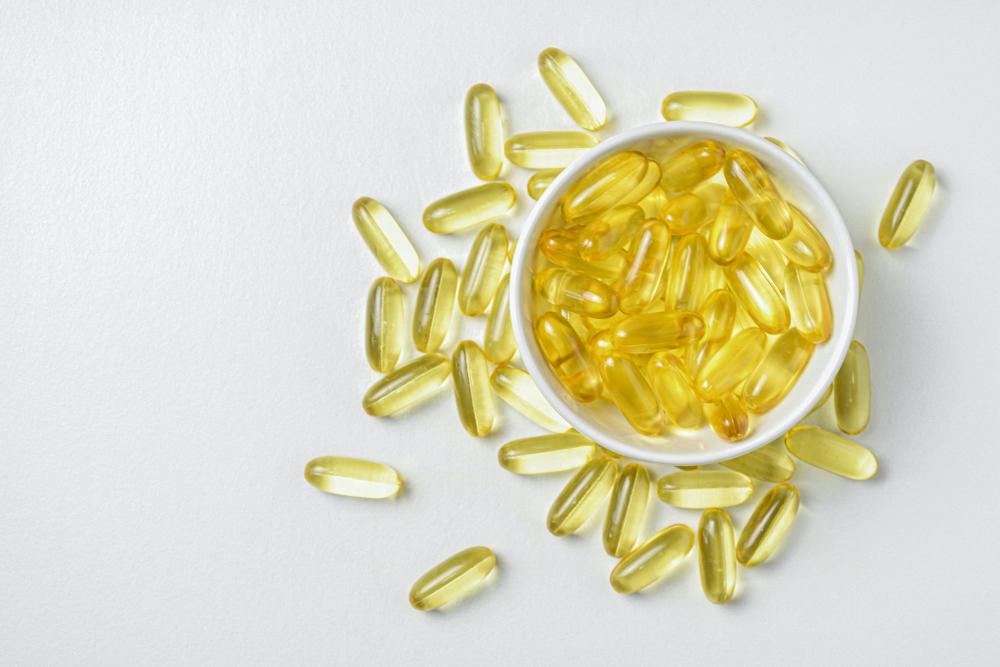The best supplements for increased energy

Your quest for more energy probably leads you to caffeine and sugar fixes, but these don't deliver any meaningful health benefits.
Vitamin and mineral supplements and certain health foods, which your body can break down into useful compounds, are better bets for healthy energy.
The goodness your body extracts from these can have immediate or accumulative effects on your energy levels, depending on the specific nutrient and circumstances.
For example, if you are deficient, immediate effects might be seen with some B vitamins or iron. In contrast, accumulative effects are more common with fat-soluble vitamins or minerals that build up in the body over time.
Also, while caffeine and honey will boost energy levels, vitamins, minerals, and other supplements help your body produce and use energy. Both can play a vital role in helping you get through the day marvellously.
Vitamins and minerals
Iron
Iron is essential for normal energy metabolism and ATP (adenosine triphosphate), the primary energy currency of cells. It's also the critical component of haemoglobin, the protein in red blood cells that carries oxygen throughout your body.
With adequate iron, your cells receive the oxygen they need to produce energy, which can increase your muscular endurance.
Vitamin C
Vitamin C enhances iron absorption and synthesises carnitine, which transports fatty acids into mitochondria for energy production.
Vitamin C can also help reduce fatigue, especially in individuals that experience low vitamin C levels.
Vitamin B complex
Vitamin B complex contains all the B vitamins that can impact energy levels and overall health by supporting your body's energy production processes, including helping convert the food you eat into usable energy.
A quick rundown:
· B1 (Thiamine) supports the nervous system.
· B2 (Riboflavin) aids cell function and metabolism.
· B3 (Niacin) for energy production and DNA repair.
· B5 (Pantothenic Acid) breaks down fats and carbohydrates.
· B6 (Pyridoxine) metabolises proteins and creates neurotransmitters.
· B7 (Biotin) breaks down fats, proteins, and carbohydrates.
· B9 (Folate) for DNA synthesis and red blood cell formation.
· B12 (Cobalamin) forms red blood cells and enhances neurological function.
Magnesium + vitamin B6
Combining magnesium and B6 can potentially enhance energy levels beyond standalone supplementation. Here's a breakdown:
Magnesium
· Assists in energy production.
· Enhances muscle function.
· It can improve sleep quality, which indirectly boosts energy.
Vitamin B6
· Aids in metabolising proteins, fats, and carbohydrates.
· Creates neurotransmitters that regulate mood and energy.
· Reduces tiredness and fatigue.
· Forms red blood cells, which carry oxygen in your body.
Magnesium helps activate vitamin B6, making it more effective.
Vitamin D3
D3 boosts your cells' energy factories by helping the mitochondria, tiny structures inside your cells, work more efficiently.
Better mitochondrial function can lead to improved energy production at the cellular level to help your body function.
It's important to note that while Vitamin D3 can be beneficial, its effects on energy are most noticeable in deficient people. If you already have adequate Vitamin D levels, supplementing may not significantly boost energy.
Vitamin K2
Your body needs vitamin K2 to produce prothrombin, a protein crucial for cardiovascular health and blood clotting. It also works synergistically with vitamin D3, enhancing its benefits, and the two can be combined in softgels.
Calcium
Most people think of calcium as a bone booster, and while it is, it's also crucial for muscle contraction, nerve signalling, and energy metabolism.
It provides energy by helping release and activate enzymes and hormones like insulin that regulate your energy metabolism.
Food products
Mushroom Complex
Mushrooms like Lion's Mane and Reishi are nootropics with potent cognitive and energy-boosting properties.
Lion's mane contains bioactive compounds like hericenones and erinacines, which cross the blood-brain barrier to promote nerve growth factor synthesis with neuroprotective and anti-inflammatory effects in the brain.
Both mushrooms contain thiamine, riboflavin, and niacin, which help convert food to energy (perfect for squeezing out every scrap of energy).
Ginseng & Ginkgo
Combining ginseng and ginkgo extracts in one capsule can deliver a mental boost for better concentration, memory, and focus.
Both are traditional medicines in China, Japan, and Korea, often mixed with other herbs to support overall health and wellbeing.
Caffeine
Of course, if you need energy right now, you can always go for the ultimate source of short-burst energy with a caffeine tablet.
Caffeine tablets are alertness aids that help to stimulate and keep you awake (making them a particularly popular supplement with students).
Adding L-theanine to the mix also reduces the jitters and crashes from caffeine, making regular supplementation less of a problem.
Summing up
You can do much worse than taking a daily multivitamin or B vitamin complex supplement to boost your overall health and energy over time.
Most of the vitamins, minerals, and food supplements above can help boost energy levels by supporting normal energy metabolism.
Other products, like caffeine have more immediate effects to give you increased energy, although the effects only last a few hours.
Struggling with energy can also be a sign that you are deficient in some vitamins and minerals. The only way to find out is with a doctor. Blood tests can reveal deficiencies and many underlying health problems that can sap energy.
Magnesium contributes to energy production, enhances muscle function and It can improve sleep quality, which indirectly boosts energy. Vitamin B6 creates neurotransmitters that regulate mood and energy and reduces tiredness and fatigue.











